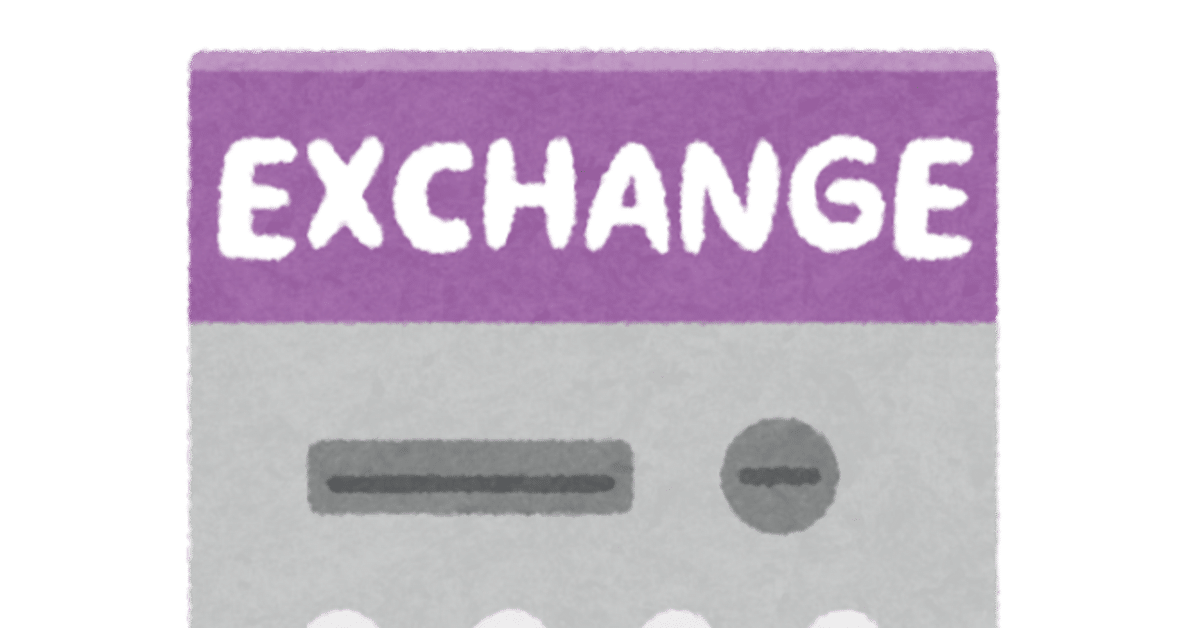
今日の英語8
日文
ゆうちょ銀行が硬貨での預け入れや振り込みの際などに枚数に応じて手数料がかかるようしたというニュースを見た。
今まで無料だったサービスに料金がかかることになり、このことが人々に浸透すれば、一つのビジネスとして受け入れられるだろう。
実は硬貨の換金に関しては、すでにビジネスとして日本で広まりつつある。
ゆうちょ銀行が導入した手数料と両替機の手数料がどちらがお得かを考えるのではなく、電子マネーの入金やプリペイドカードの購入などを活用して、小銭の預け入れや換金作業を委託しない方法を考えるべきだ。
英文
I saw on the news that Japan Post Bank Co., Ltd. has started charging a fee based on the amount of coins deposited or transferred.
If a service that used to be free will be charged for, people gradually get used to it, and it will be accepted as a business.
Actually, coin exchange is already has become a widespread business in Japan.
Instead of trying to figure out which is better, the fee introduced by Japan Post Bank Co., Ltd. or the fee charged by the money changer, we should think of ways to use e-money deposits or purchase prepaid cards and not outsource the work of depositing and exchanging coins.
憶えていた方がよい単語
Which is ~er, A or B?
「AかB、どちらが~ですか?」
例文
A:「芸人と株、どちらがもうけられますか?」
B:「おまえ、その質問絶対あいつの前でするなよ。」
A: "Which is more profitable, a comedian or stocks?”
B: "Don’t ever ask him the question.”
deposits
動詞:「(銀行・金庫などに)預ける、(…に)堆積(たいせき)させる」
可算名詞:「銀行預金、預金、倉庫」
不可算名詞:「沈澱物、鉱石・石油などの埋蔵物」
例文
A:「そのお金で株を買うのではなく、銀行に預けなさい。安全に増やせるから。」
B:「その考え方は時代遅れだ。」
A: “Instead of buying stocks with that money, put it in the bank. It's a safe way to grow.”
B: “That idea is out of date.”
注意
現在、アピタやオークワで設置されている両替機 “コインスター”は1回当たり両替手数料が9.9%かかります。
小銭:1000円→手数料:99円→うまい棒8本購入可能
小銭:10000円→手数料:990円→牛丼2つ購入可能
小銭:50000円→手数料:4950円→お米10kg購入可能
支払った手数料が適正なのか考えてみましょう。
